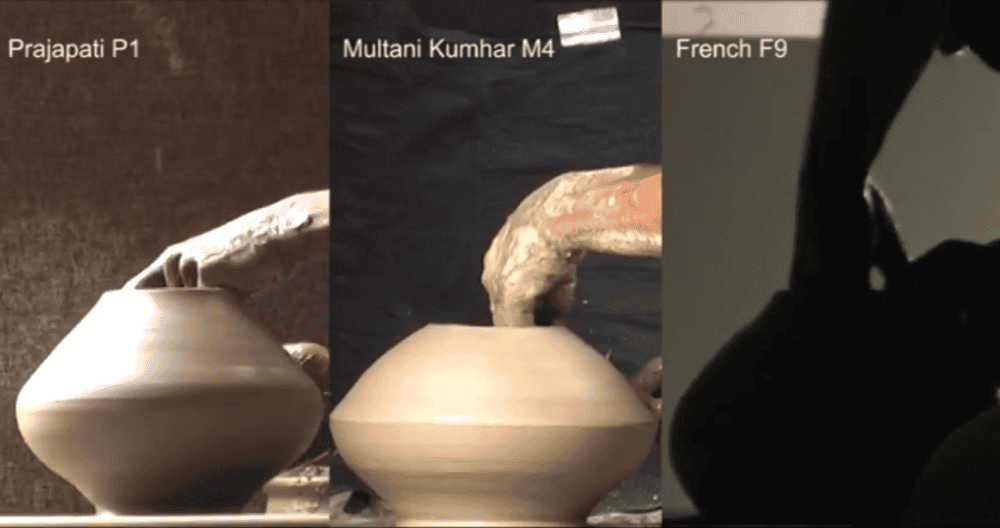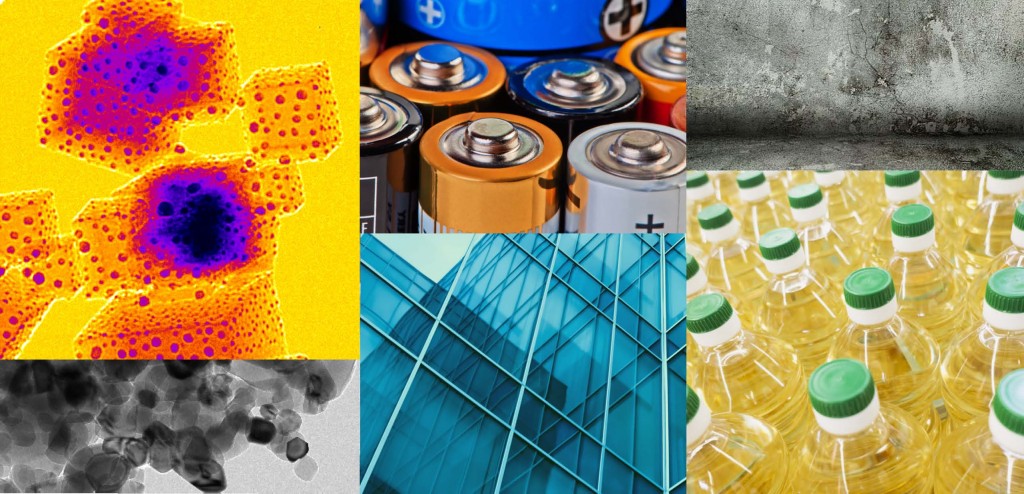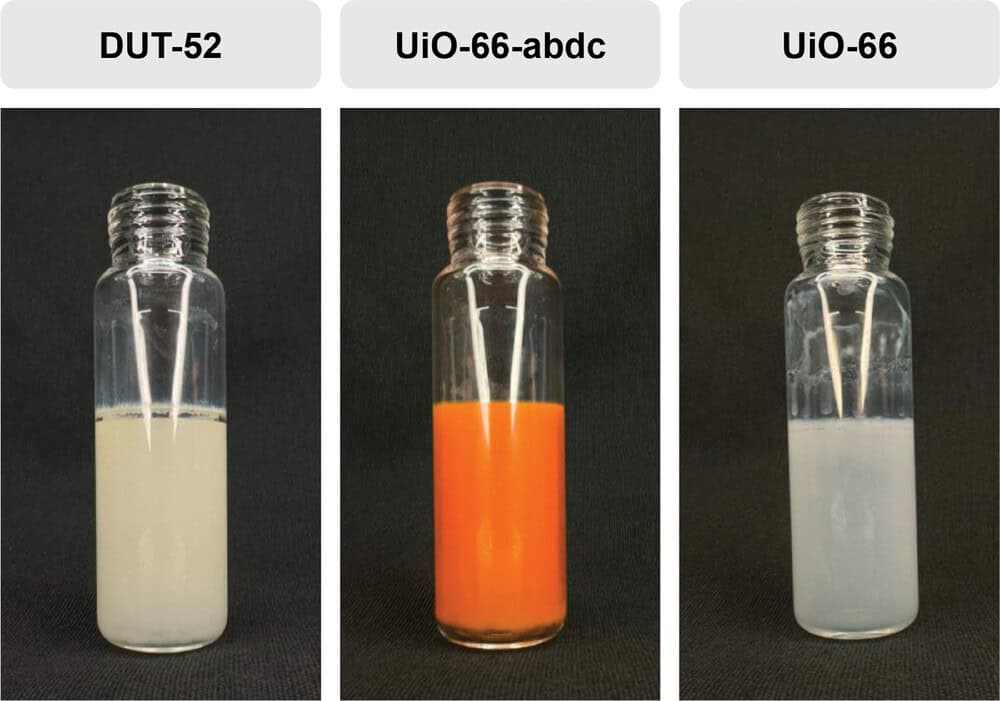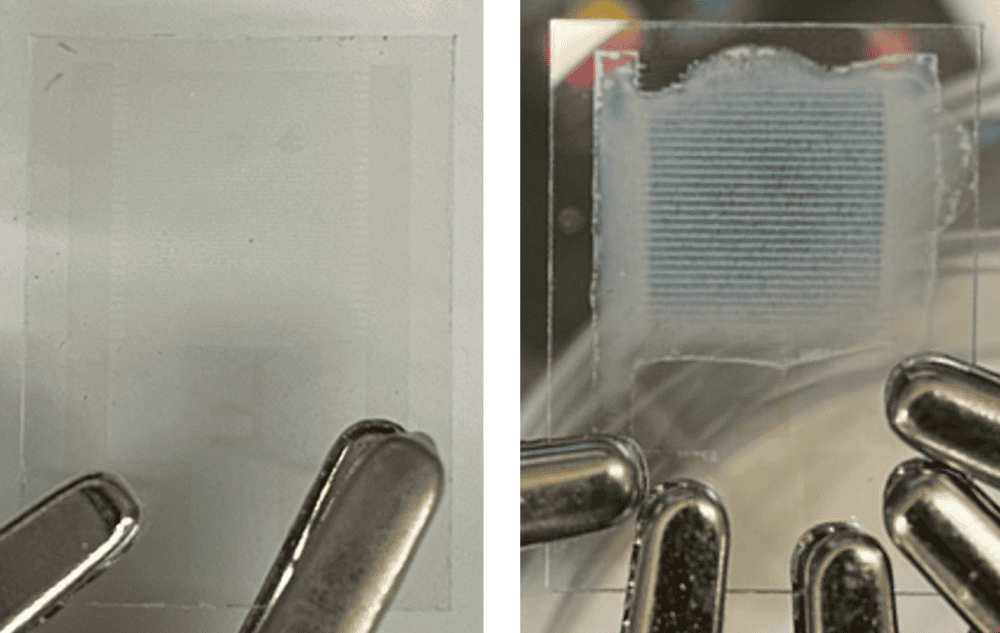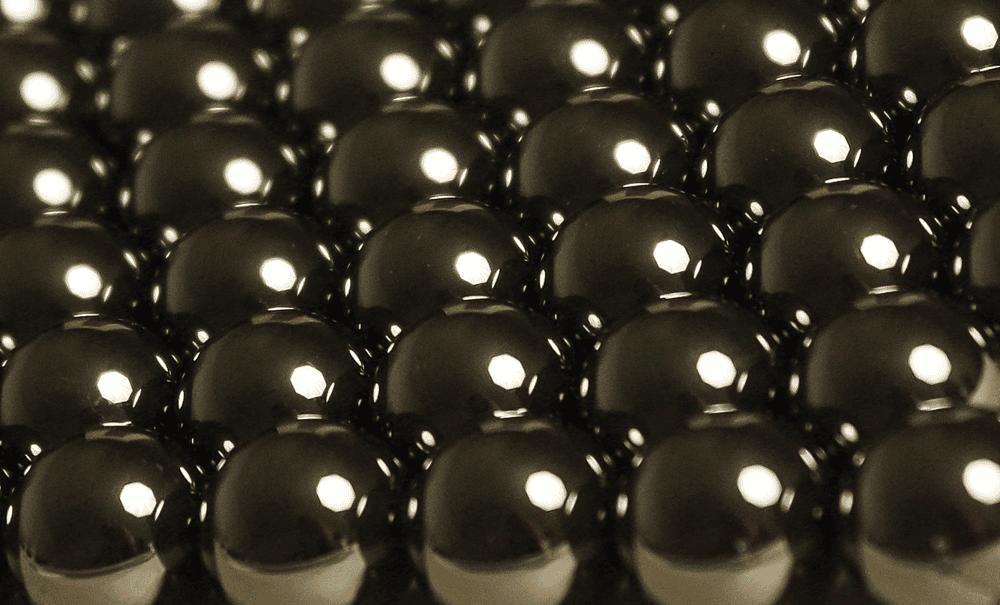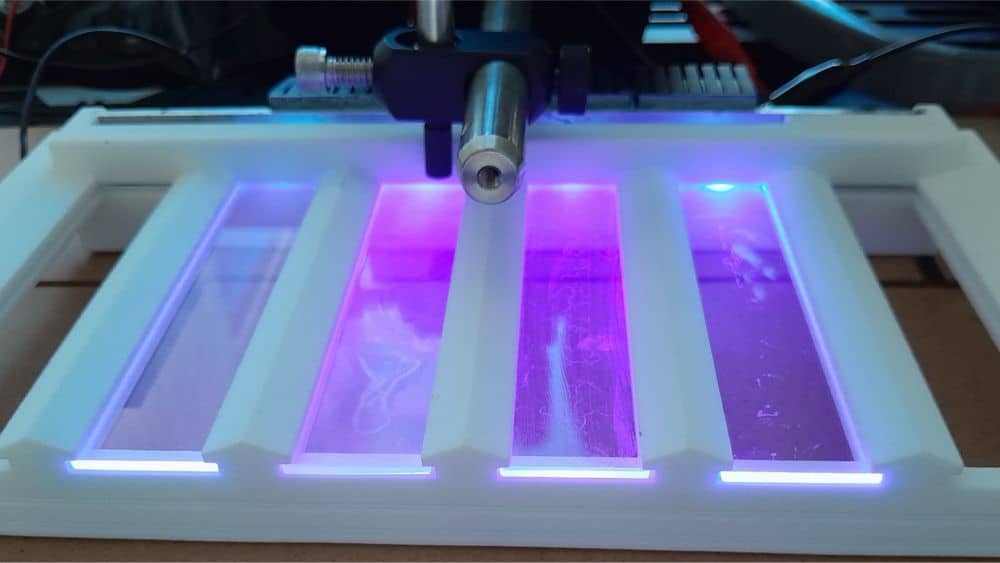An international group of researchers led by Kobe University in Japan investigated the roles that community and individuality play in pottery design by asking potters from different cultural backgrounds to form several unfamiliar but basic shapes.
Read MoreHydrogen-powered trains are a good green option for long-haul transportation by offering fewer and faster refueling stops compared to battery-powered trains. Swiss manufacturer Stadler Rail recently set a world record for the longest distance traveled by a hydrogen-powered passenger train without refueling or recharging.
Read MoreBorophene for implantable technology, self-embedding silver nanoparticles, and other materials stories that may be of interest for May 8, 2024.
Read MoreOptical devices traditionally require numerous layers to guide and transform light to achieve the desired result. Researchers at The Ohio State University showed that only a single layer of epsilon-phase tungsten trioxide, which they just experimentally confirmed is ferroelectric, can be used to create color-changing smart windows.
Read MoreThe May 2024 issue of the ACerS Bulletin—featuring an overview of chalcogenide glasses—is now available online. Plus—approaches to sustainable glass processing.
Read MoreReducing the amount of solar radiation absorbed by a structure is one way to improve a building’s energy efficiency. A novel ceramic façade called Flexbrick offers a fast way to reduce warming.
Read MoreEggshell ‘bioplastic’ pellets for agriculture, self-healing glass, and other materials stories that may be of interest for May 1, 2024.
Read MoreThough the tradition of creating grand stained-glass windows is less common than it was before, the art form remains an important part of our culture today. In April 2024, CTT is running a special three-part series on stained glass. Part 3 covers the revival of stained glass in the 19th and 20th centuries and its use today.
Read MoreBiofouling is a big problem for seafaring vessels, with the U.S. Navy spending millions each year in added fuel use and cleaning costs. Researchers led by the University of Massachusetts Amherst developed an ultraviolet-emitting glass that can effectively prevent biofilm formation.
Read More
